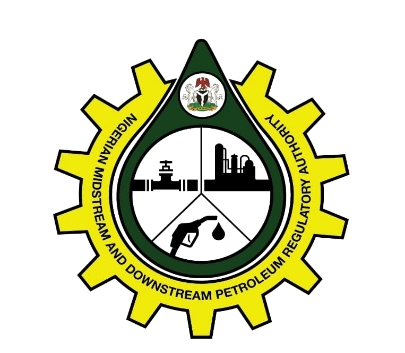Operators in the mid and downstream gas sector of the country have expressed divergent views with the the Nigerian Midstream and Downstream Petroleum Regulatory Authority (NMDPRA) on whose responsibility is it to collect the 0.5 per cent Midstream and Downstream Gas Infrastructure Fund (MDGIF) prescribed by the Petroleum Industry Act (PIA), 2021.
While NMDPRA argues that the gas infrastructure development fee should be collected by wholesale gas suppliers and remit to the Authority, operators contend it is the responsibility of the regulator to collect the fees.
Speaking during the Stakeholder Sensitisation Programme on the Requirements, Opportunities, Benefits, and Value of Wholesale Gas and Petroleum Liquids Supply Operations in Nigeria, organised by the NMDPRA, in Abuja, on Wednesday, gas producers, under the aegis of the Oil Producers Trade Section (OPTS), strongly disagreed that gas producers should be made to remits funds even when they are being owed for supplies made as far back as 2011.
Represented by the OPTS Gas sub-committee chairperson, James Makinde and vice chairperson, Princess Edeimu-Chukwumah, the operators insisted that Section 52-7A of the PIA empowers the NMDPRA to take on that responsibility.
“You’ve been empowered by the PIA section 52-7A to do what you are asking us to do. And in the regulation, 23 section 13-2 you’ve been empowered to be the collector, Edeimu-Chukwumah emphasised.
The NMDPRA assured that all the issues raised will be looked into and a full scale workshop will be organised to enable both regulator and operators to get clarity on the areas of contention.
In his opening remarks, NMDPRA chief executive, Farouk Ahmed said it will ensure that current and future wholesale gas and petroleum liquids supply demands are met.
Ahmed, represented by executive director, Hydrocarbon Processing Plant, Installation and Transportation Infrastructure, Francis Ogaree, said meeting gas demand was not only pivotal to the national economy but integral to the global energy market.
According to him , the benefits of wholesale supply operations cannot be overemphasised.
He included the benefits as fostering investments across the petroleum value chain, enhancing transparency in hydrocarbon measurement and providing tools for enforcing domestic obligations.
Others, according to him include ensuring arm’s length dealings for a level playing field, and acting as a pathway for willing buyer-willing seller transactions of Nigeria’s hydrocarbon resources, amongst many other significant advantages.
However, he said that due to lingering issues, NMDPRA had been inundated with contentions regarding the implementation of wholesale supply operations.
He recalled that the PIA came into existence in Aug. 2021, introducing licences for wholesale supply operations as prescribed in sections 142 and 197 of the Act.
“These licences are the appropriate licences for entities engaged in, or wishing to engage in, the sale and delivery of natural gas and petroleum liquids, for domestic use or exports.
“Wholesale gas and petroleum liquids supply operations marks a significant evolution from the Petroleum Act of 1969 (PA) that was focused on production and exports only, to the PIA 2021.
“This ensures domestic energy security in addition to exports,” he said.





